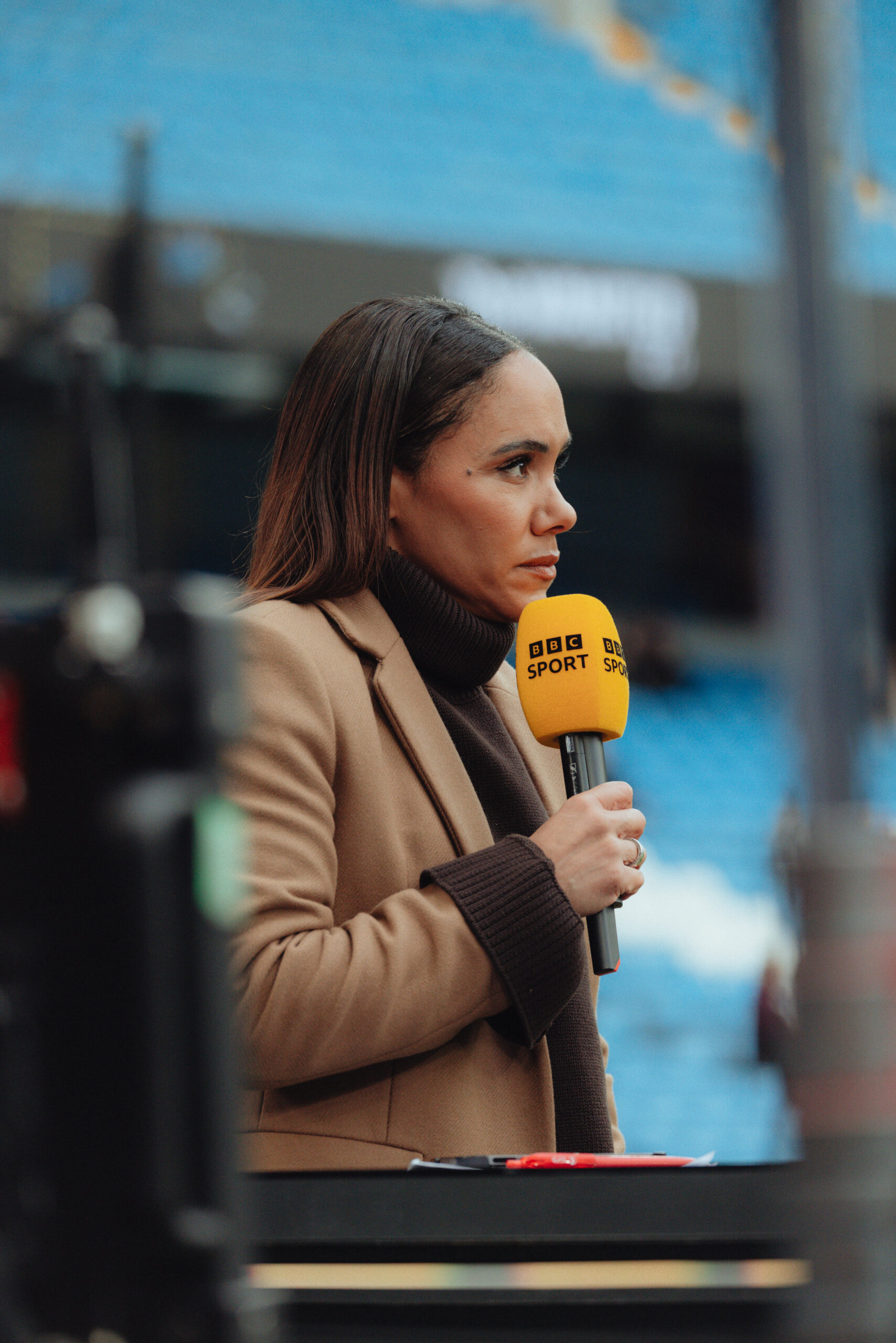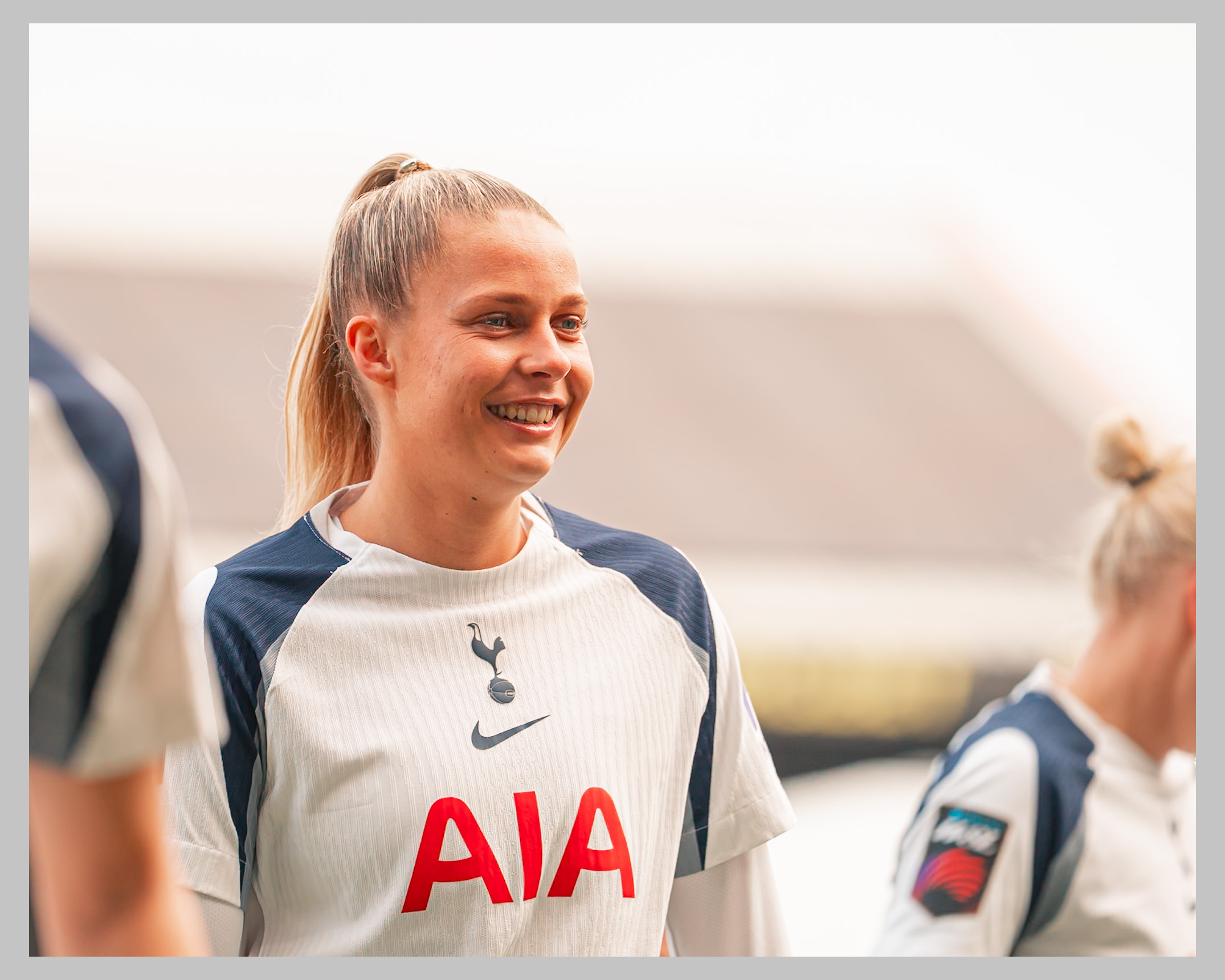Women’s football has always been more than just a sport. As the game grows, it continues to challenge and redefine long-held perceptions of what it means to be a female athlete. The rise of women’s football has brought with it a shifting cultural narrative, one that dismantles outdated ideas of femininity in sport, replacing them with a celebration of diversity, strength, and individuality.
For decades, women in football have faced stereotypes that constrained their roles both on and off the pitch. Female athletes were expected to balance their athleticism with conventional standards of femininity—standards that often emphasised appearance over ability, and politeness over power. Many female footballers, however, are rejecting these restrictive moulds and embracing their strength, skill, and athletic identity without compromising their individuality.
The image of the female footballer has shifted significantly in recent years. Players like Megan Rapinoe, Leah Williamson, and Marta have become symbols of both athletic excellence and personal authenticity. Rapinoe, known for her confidence and outspoken activism, doesn’t shy away from challenging gender norms. She embodies a player who embraces her femininity on her own terms, showing the world that power and grace can coexist. This evolution has empowered a new generation of girls to see that being a footballer doesn’t mean they have to conform to any single idea.
The visibility of footballers embracing their individuality is changing the game, both on and off the pitch. Players are increasingly using their platforms to express themselves authentically—whether that’s through their personal style, social media presence, or activism. This is crucial because it sends a clear message to young girls watching: it’s okay to be unapologetically yourself. Williamson, a leader both on and off the pitch, often speaks about the importance of being true to who you are, regardless of what others expect. By embracing their individuality, female athletes show that they are more than just footballers—they are role models for authenticity and self-expression.
Women’s football also offers a unique opportunity to challenge deeply ingrained cultural attitudes about gender roles. Traditionally, sports have been seen as arenas of aggression and competition—qualities historically associated with masculinity. Yet, female footballers show that these traits are not only gender-neutral but can also be celebrated alongside qualities like collaboration, teamwork, and empathy. For many years, female footballers faced criticism simply for playing a “man’s sport.” The growth of the game has gradually shifted this narrative, as more women take their place at the forefront of professional football. Instead of conforming to the long-held belief that sport is inherently masculine, women’s football is showing that strength, power, and competitiveness are just as much a part of the female experience.
Beyond gender roles, women’s football has provided a platform for greater representation of the LGBTQ+ community, with many openly queer players serving as role models for girls around the world. The acceptance and celebration of diversity in women’s football shows how the sport challenges gender norms and fosters an inclusive space where players can feel free to express themselves, regardless of societal expectations. This openness reflects the evolving values of the sport, where authenticity is more important than conformity.
The media’s portrayal of female athletes plays a crucial role in reshaping how society views women in sports. As coverage of women’s football grows, so does the representation of female athletes as complex, multifaceted individuals. Gone are the days when a female footballer was expected to fit a narrow mould. Today’s footballers are celebrated for their strength, skill, and the range of experiences they bring to the field. Social media has also empowered players to control their own narratives. Footballers like Sam Kerr and Alex Morgan have significant followings, where they share glimpses of their lives off the pitch. These platforms allow athletes to express themselves outside the bounds of traditional media coverage, showing their personalities, beliefs, and personal style in ways that go beyond their footballing abilities.
The rise of women’s football is breaking down outdated stereotypes, allowing female players to show that there is no single mould they must conform to. From the bold and outspoken leadership of Megan Rapinoe to the graceful yet fiercely competitive style of Alessia Russo, today’s female footballers are shaping their own identities in a sport that once sought to confine them. By redefining what it means to be a female athlete, women’s football is inspiring young girls worldwide to believe that they, too, can be strong, competitive, and unapologetically themselves.



